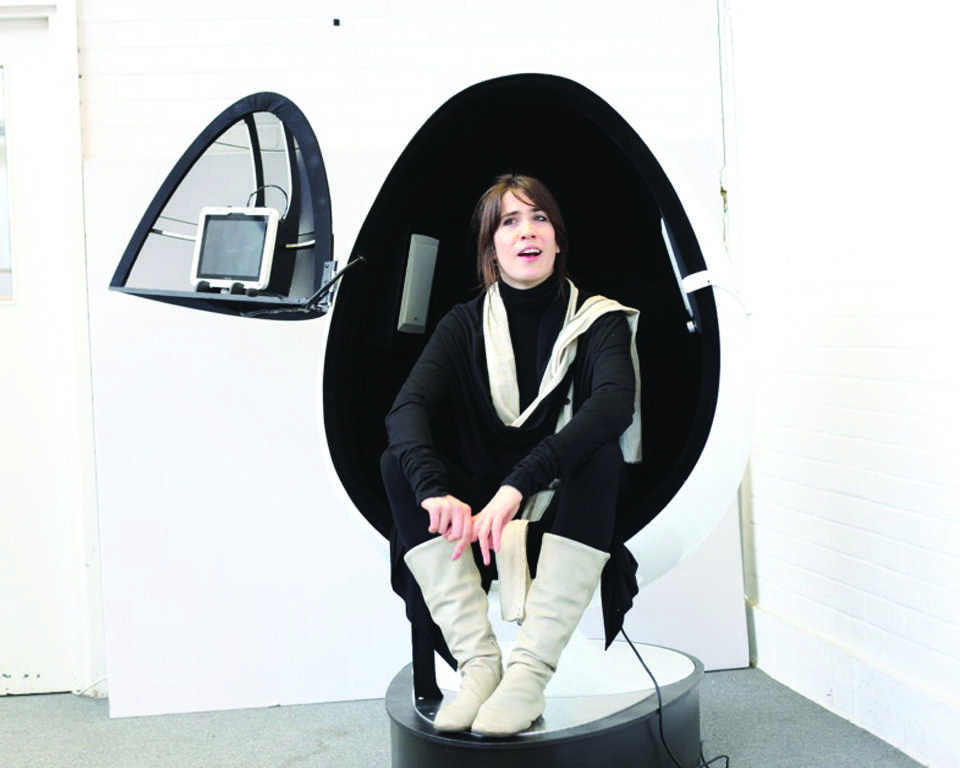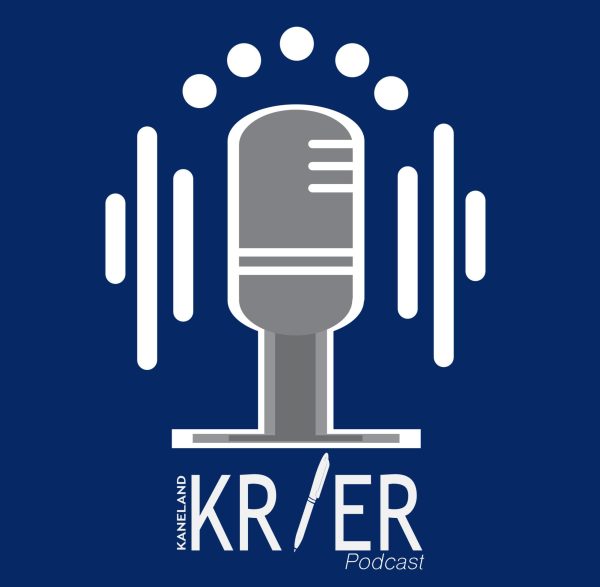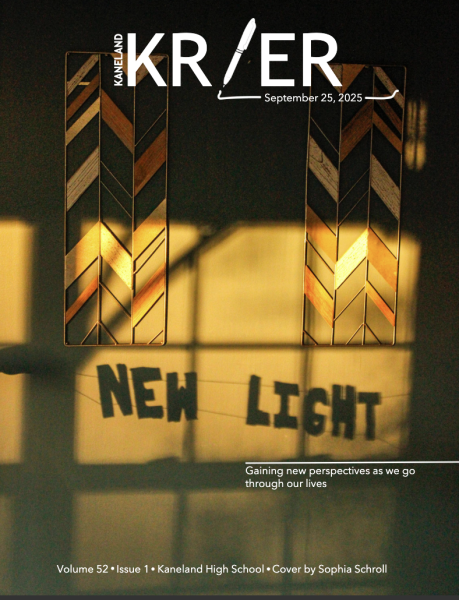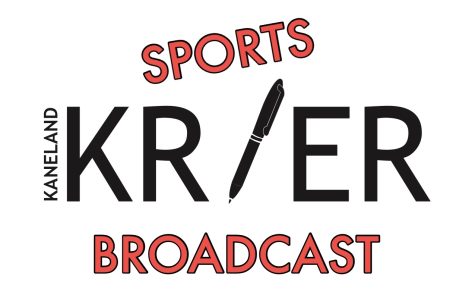Sittin’ in the “Listening Chair”
Photo By Courtesy photo
What is the song that still needs to be written? Imogen Heap, digital diva, asked 300-400 people that very question last year through an interesting video process. These video interviews were conducted for her fourth album Spark (tentative title), but more particularly for the song that “sparked” the album titled “The Listening Chair.”
Spark is currently being finished by working on the same song she started with and is due in November. This unique song combines voices and sounds from almost everywhere, as the actual Listening Chair traveled about. This new type of song style isn’t completely unusual for the British singer, composer and songwriter because her music touches on everything from electronica to indie to rock.
The process the interviewees went through combined technology to create a futuristic kind of experience that would help Heap create her new song.
“They sat in the chair, and I would guide them through a video on the screen in front of them. It was like an egg chair; you pull over the visor, and I would start talking to you on a screen and I’d ask you a question ‘What is the song that still needs to be written?’ and then people respond.
“These videos, thirty second videos, go up onto YouTube and onto my website and then I looked through them all to see if there was a thread between them. But what I discovered was that actually through the ones that really made sense to me, the ones that really kind of hit home for me, were the ones of people of my own age. It made me think ‘Oh, I wonder if people of other ages are saying similar things’, so then I decided to write a song about life’s stages,” Heap said on BBC Radio 4’s 2012 interview of her.
The song will follow along different “stages” of life, starting with an individually interpreted lullaby and ending in a wild clash that stems from Heap’s own life.
“It’s all gone a bit funny in these last few years so that’s why the last minute of the song goes quite intense,” Heap said.
Heaps music life was sparked at an early age, being classically trained in instruments as the piano, cello and clarinet. What converted her to the more digital side of music was her experience with an Atari computer she discovered at Friends School, a private, Quaker-run boarding school in Saffron Walden. As she did not get along with her music teacher at boarding school, she taught herself the guitar and drums as well as sequencing, sampling, production and music engineering, with which she followed into the BRIT School for Performing Arts & Technology.
“I just love crafting and shaping sounds. Actually, many of the sounds that I work with start off as organic instruments – guitar, piano, clarinet, etc. But I do love the rigidity of electronic drums… I would record live drums, and then I would spend a day editing them to take the life out of them. I like to breathe my own life into these sounds, and I do try to keep the ‘air’ in the music. Some people think electronic music is cold, but I think that has more to do with the people listening than the actual music itself,” Heap said.
Since then, she’s been an associate vocalist to the experimental pop band Acacia and in the musical group Frou Frou. She’s produced three solo albums, her last album being Ellipse. She has also been a guest appearance with artists such as deadmau5, IAMX, MIKA and Jeff Beck.
In the BBC Radio 4 2012 interview, the presenter Jane Garvey commented on her style.
“Your approach to music seems to be a totally democratic one. You’re utterly fearless. You open yourself up to the influences of your fans,” Garvey said.
Heap’s approach to music shows her love for music and for her fans, the appreciation fueling each song she writes.
“Without the listener, the music is nothing,” Heap said.






